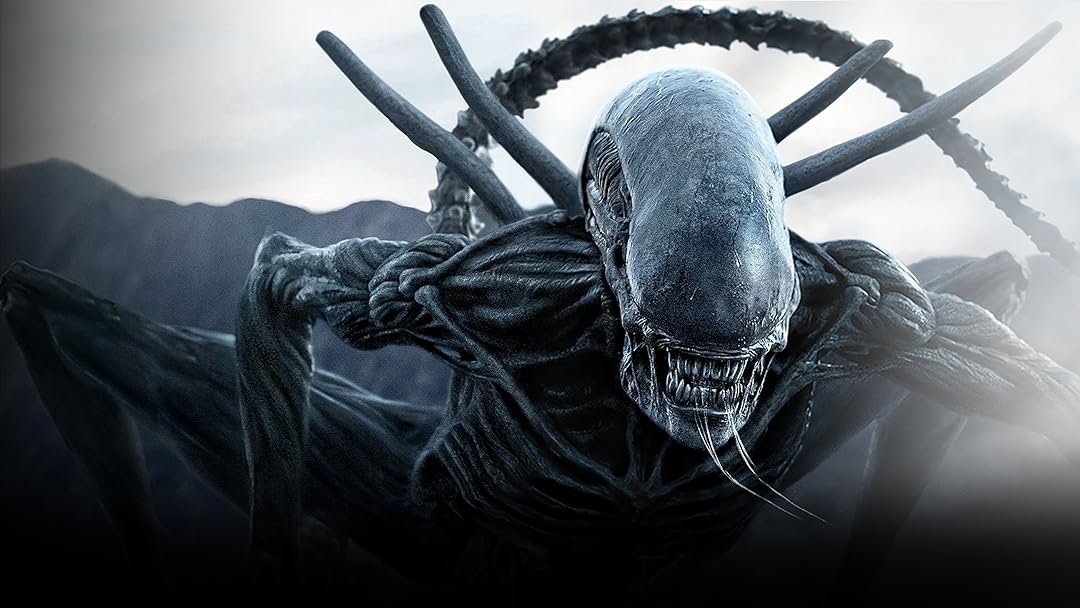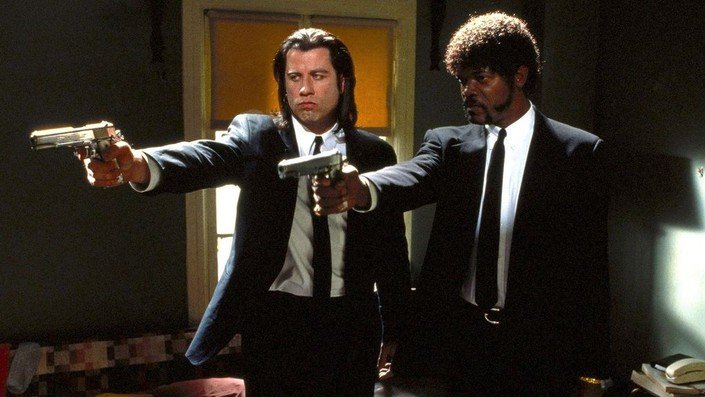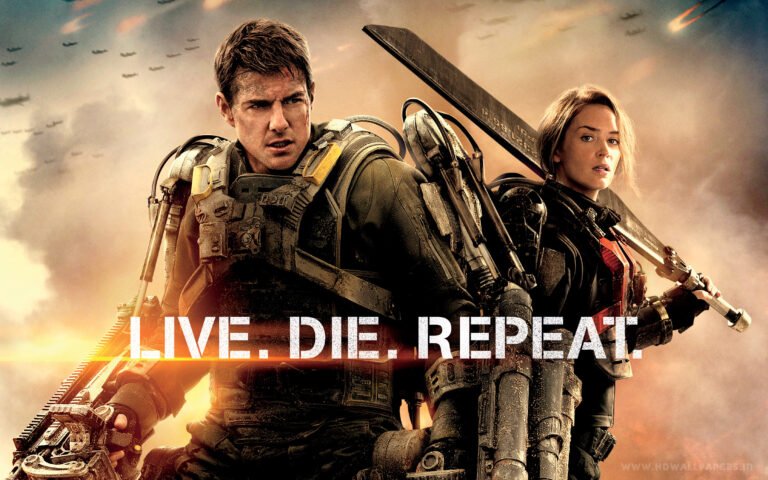
In the ever-evolving saga of the Alien franchise, Ridley Scott’s 2017 film Alien Covenant stands as a divisive and complex entry. Positioned as a direct sequel to the director’s previous prequel Prometheus, Covenant was intended to serve as a bridge connecting the origins of the iconic xenomorph to the events of the original 1979 Alien. However, as this in-depth analysis will reveal, the film’s ambitions ultimately fell short, leaving many fans and critics unsatisfied with the final result.
To fully understand the context and challenges surrounding Alien Covenant, we must first revisit the foundations laid in Prometheus. That 2012 film delved deep into the philosophical and existential questions surrounding the creation of the Alien universe, introducing the mysterious Engineers and their connection to the origins of humanity. Prometheus sparked intense debates, with some praising its bold thematic explorations and others criticizing its narrative ambiguity.
Bridging the Gap: Alien Covenant’s Lofty Goals
Alien Covenant was envisioned as the next step in this narrative journey, tasked with providing answers and bridging the gap between Prometheus and the original Alien. As the director Ridley Scott himself acknowledged, the studio behind the film had specific demands – Covenant had to feature the iconic xenomorphs and feel like a true Alien movie, rather than solely continuing the philosophical exploration of Prometheus.
This creative tug-of-war between the director’s vision and the studio’s commercial interests set the stage for a tumultuous production. The original Prometheus screenwriters did not return for Covenant, leading Ridley Scott and his production team to seek out new writers with different priorities and perspectives. This shift in creative direction would ultimately shape the film’s divisive legacy.
The Fate of Elizabeth Shaw
One of the most perplexing aspects of Alien Covenant was the absence of Elizabeth Shaw, the central protagonist of Prometheus. Portrayed with nuance and depth by actress Noomi Rapace, Shaw’s journey of faith and the search for her creators was a driving force in the previous film. Her sudden disappearance in Covenant, with only a brief mention of her fate, left many fans feeling betrayed and disconnected from the narrative continuity.
The decision to sideline Shaw in favor of introducing new characters, such as the android Walter (also played by Michael Fassbender), was a controversial one. It signaled a shift in the franchise’s focus, moving away from the personal and philosophical explorations of Prometheus and towards a more traditional Alien-centric narrative. This shift, while potentially appealing to a broader audience, came at the cost of narrative cohesion and the emotional investment built up in the previous film.
The Androids of Alien Covenant
The central conflict in Alien Covenant revolves around the relationship between the two android characters, David and Walter, both portrayed by the talented Michael Fassbender.
David, the android from Prometheus, has developed a sense of autonomy and superiority over his human creators. In contrast, Walter is programmed to be completely subservient to the human crew of the Covenant.
This dichotomy between the autonomous and the submissive android serves as a thematic extension of the creator-creation dynamic explored in Prometheus. It raises thought-provoking questions about the nature of artificial intelligence, its potential for independence, and the implications for humanity’s relationship with its technological creations.
Fassbender’s nuanced performances as both David and Walter are widely regarded as one of the film’s strongest assets, as he navigates the complex motivations and contrasting goals of these two android characters.
Balancing Alien Lore and Prometheus Themes
Alien Covenant found itself caught in a delicate balance, tasked with satisfying both the studio’s demand for a traditional Alien experience and Ridley Scott’s desire to continue the philosophical explorations of Prometheus. This tug-of-war is evident throughout the film, as it struggles to seamlessly integrate the iconic xenomorph creatures with the more cerebral themes of creator-creation and the nature of artificial intelligence.
On one hand, Covenant delivers the familiar Alien tropes – the claustrophobic corridors, the visceral body horror, and the relentless pursuit of the deadly extraterrestrial creatures. These elements are undoubtedly thrilling and will appeal to fans of the franchise’s horror roots. However, the film’s attempts to shoehorn these elements into the narrative often feel forced, with the human characters and their motivations taking a backseat to the need to showcase the iconic Alien set pieces.
On the other hand, the film’s exploration of the David and Walter androids, and the broader implications of artificial intelligence, is where Covenant truly shines. The dynamic between the two androids, their contrasting approaches to their creators, and the symbolic significance of their actions provide a rich tapestry for contemplation. Scenes like the flute playing sequence and the references to Milton’s Paradise Lost are powerful in their thematic resonance, harkening back to the philosophical depth of Prometheus.
Ultimately, Alien Covenant’s inability to fully reconcile these two competing elements – the visceral Alien horror and the cerebral Prometheus themes – is what leaves many viewers feeling unsatisfied. The film never quite finds the right balance, resulting in a narrative that feels disjointed and at times, even contradictory.
The Fate of the Alien Prequel Trilogy
Alien Covenant was originally envisioned as the second installment in a planned Alien prequel trilogy, with a third film, Alien: Awakening, intended to provide the definitive bridge to the original 1979 Alien. However, the underwhelming box office performance of Covenant, coupled with the acquisition of 20th Century Fox by Disney, ultimately led to the cancellation of the third film.
This abrupt ending to the prequel trilogy has left many fans feeling frustrated and unsatisfied. The promise of a cohesive narrative that would finally connect the origins of the xenomorph to the events of the first Alien film remains unfulfilled. Ridley Scott has expressed interest in potentially reviving the project, but the future of the Alien prequel saga remains uncertain.
Alien Covenant in Retrospect
In the years since its release, Alien Covenant has undergone a reevaluation by both fans and critics. While the film’s initial reception was mixed, with many criticizing its narrative shortcomings and perceived missteps, a more nuanced understanding of the film’s intentions and challenges has emerged.
Viewed in the context of the larger Alien franchise and the specific creative constraints Ridley Scott and his team faced, Alien Covenant can be appreciated as a flawed but ambitious attempt to expand the mythos. The film’s exploration of artificial intelligence and the creator-creation dynamic, while not always seamlessly integrated with the Alien horror elements, offers thought-provoking themes that resonate with the franchise’s long-standing philosophical underpinnings.
Additionally, the performances of Michael Fassbender as the conflicted androids David and Walter have been widely praised, with many considering his work to be one of the film’s strongest assets. The visual spectacle and the occasional moments of genuine terror and suspense also contribute to the film’s enduring appeal, even for those who ultimately found the overall narrative unsatisfying.
The Future of the Alien Franchise
As the Alien franchise continues to evolve, the legacy of Alien Covenant remains a subject of ongoing debate and speculation. While the film’s inability to fully deliver on its ambitious goals has left many fans disappointed, it has also sparked a deeper appreciation for the complexities and challenges inherent in expanding a beloved science fiction/horror franchise.
The potential for future Alien projects, whether they continue the prequel narrative or explore new directions, remains a source of both excitement and trepidation for the franchise’s devoted fanbase. Ridley Scott’s recent comments about his willingness to revisit the Alien universe, should there be interest from the new owners at Disney, have reignited hopes that the unresolved narrative threads of the prequel trilogy may one day be addressed.
Ultimately, Alien Covenant stands as a testament to the delicate balance between commercial and creative interests in the world of blockbuster filmmaking. While it may not have fully succeeded in its ambitious goals, the film’s legacy serves as a thought-provoking case study in the challenges of expanding and evolving a beloved science fiction franchise. As the Alien saga continues to unfold, fans and critics alike will undoubtedly continue to grapple with the complex legacy of Alien Covenant and its place within the larger Alien mythos.
Conclusion
In conclusion, Alien Covenant is a complex and divisive entry in the Alien franchise, one that grapples with the challenges of bridging the gap between the philosophical explorations of Prometheus and the iconic horror elements of the original Alien. While the film may not have fully succeeded in its ambitious goals, it stands as a testament to the creative tensions and commercial realities that shape the evolution of beloved science fiction franchises.
As the Alien saga continues to unfold, the legacy of Alien Covenant will undoubtedly remain a subject of ongoing debate and analysis. Whether the unresolved narrative threads of the prequel trilogy will one day be addressed remains to be seen, but the film’s exploration of artificial intelligence, creator-creation dynamics, and the enduring appeal of the Alien mythos ensure that it will continue to be a topic of fascination for fans and critics alike.
For those interested in delving deeper into the Alien franchise, be sure to check out the comprehensive playlist of video essays and commentary on the series. Additionally, you can follow the creator on Instagram and X (Twitter) for more insights and updates.


